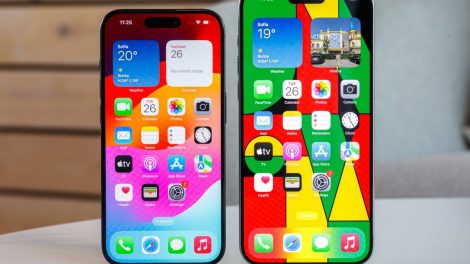In a significant departure from its previous stance, Apple has announced that iPhone users in the European Union (EU) will now have the option to download apps from third-party app stores. This decision comes as Apple moves to comply with the EU’s Digital Markets Act (DMA), which mandates greater openness within its app store ecosystem.
While this move marks a notable change for Apple, there are certain constraints accompanying this newfound freedom. Users who opt to download apps from third-party stores will face limitations, notably regarding app updates. If they leave the EU for more than 30 days, they won’t be able to update the apps they’ve downloaded. However, they will still retain access to the downloaded apps and receive updates for 30 days post-departure from the EU.
The Implications of the Digital Markets Act (DMA)
The DMA represents a regulatory milestone aimed at fostering competition in the digital marketplace. By compelling tech giants like Apple to grant users greater control over their devices and app choices, the DMA seeks to create a more level playing field.
Benefits and Considerations for Users
This policy shift brings both benefits and considerations for iPhone users in the EU:
Benefits:
- Increased Choice: Users now have the freedom to explore and download apps from a variety of sources beyond Apple’s App Store.
- Enhanced Flexibility: The ability to access third-party app stores grants users greater flexibility in choosing how they acquire and manage their apps.
Considerations:
- Safety Concerns: While Apple maintains stringent app review processes for its App Store, third-party stores may lack similar safeguards, potentially exposing users to security risks.
- Limited App Selection: Third-party app stores may not offer the same breadth and quality of apps as Apple’s App Store, limiting users’ options.
- Account Creation: Users may need to create new accounts to access and utilize third-party app stores, adding an extra layer of complexity.
Conclusion
Overall, Apple’s decision to allow third-party app stores on iPhones in the EU represents a positive step towards fostering a more open and competitive digital ecosystem. It grants users greater autonomy in choosing how they interact with their devices and access apps. However, it’s crucial for users to exercise caution and awareness of the potential drawbacks associated with third-party app stores.
We hope this blog post has provided valuable insights into this policy shift. Should you have any further questions or concerns, please don’t hesitate to reach out.










Add Comment